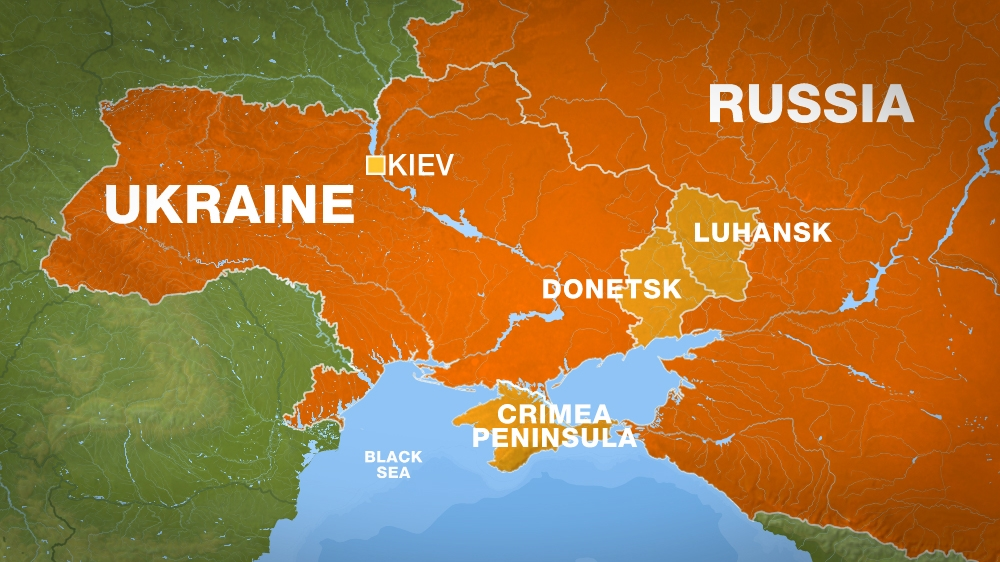The annexation of Crimea by Russia in 2014 was a significant geopolitical event that had far-reaching consequences. It marked a blatant violation of international law and Ukraine’s territorial integrity, triggering widespread condemnation from the international community.
The crisis unfolded rapidly. Following the Euromaidan Revolution in Ukraine, which ousted pro-Russian President Viktor Yanukovych, Russia moved swiftly to seize control of Crimea. Masked, unmarked Russian soldiers, often referred to as “little green men,” took over key government buildings and infrastructure across the peninsula. This rapid deployment of forces, coupled with the absence of a strong Ukrainian military presence in the region, allowed Russia to establish a foothold in Crimea.
A hastily organized referendum was held on March 16, 2014, where voters were asked whether they wanted Crimea to join Russia. Despite widespread international criticism and accusations of irregularities, the referendum was declared successful, with a reported 97% of voters opting to join Russia. On March 18, 2014, Russia formally annexed Crimea, incorporating it into the Russian Federation as the Republic of Crimea and the federal city of Sevastopol.
The international community responded swiftly and decisively to Russia’s actions. The United States, the European Union, and other countries imposed economic sanctions on Russia, targeting key sectors of the Russian economy, including energy, finance, and defense. These sanctions aimed to deter further Russian aggression and to pressure Russia to reverse its actions.
The annexation of Crimea has had a profound impact on the geopolitical landscape. It has led to increased tensions between Russia and the West, and has fueled a new Cold War-like era of geopolitical competition. The conflict has also had a devastating impact on Ukraine, leading to the displacement of civilians, the destruction of infrastructure, and the loss of lives.
The annexation of Crimea remains a contentious issue. While Russia claims that the referendum was legitimate and that the people of Crimea freely chose to join Russia, the international community overwhelmingly rejects this claim. The annexation is widely viewed as a violation of international law and a blatant act of aggression.
The future of Crimea remains uncertain. The peninsula remains under Russian occupation, and the Ukrainian government continues to assert its sovereignty over the territory. The ongoing conflict in eastern Ukraine and the broader geopolitical tensions between Russia and the West suggest that the issue of Crimea is likely to remain a source of conflict for years to come.

Leave a Reply